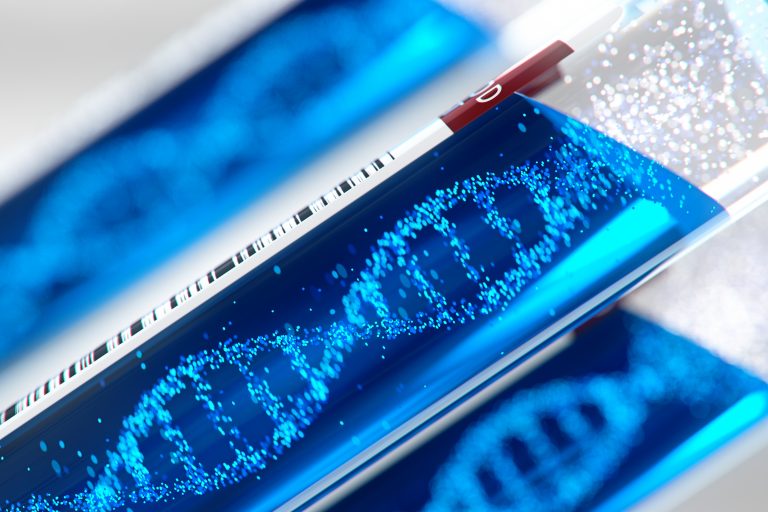
Twist Bioscience and Kriya Therapeutics have signed an agreement to develop antibody treatments that can be delivered using gene therapy vectors to treat different cancers.
Twist is known for the production of high-quality synthetic DNA, whereas Kriya develops new gene therapies and is working to optimize the design of adeno-associated viral (AAV) vectors using its SIRVE (System for Intelligent Rational Vector Engineering) platform.
AAVs have revolutionized gene therapy, but are still not perfectly optimized. Serious side effects such as liver toxicity have been observed, in some cases leading to deaths, which could potentially be avoided by reducing off-target effects.
Kriya’s SIRVE platform aims to improve AAV vectors and make them more tissue specific, less likely to cause immune reactions and streamline gene therapy production. While the San Francisco-based company was only founded in 2019, it has already attracted $100 Million in Series B Financing last year.
Limited details about the specific terms or finances of the collaboration were released, but the new agreement will make use of Twist’s antibody discovery and optimization platform to find new antibody treatments for cancer. Kriya will then develop targeted gene therapies to deliver these antibodies.
“We believe that vectorized antibodies have the potential to transform the treatment of a range of serious diseases, particularly within the field of oncology,” said Shankar Ramaswamy, Co-Founder and CEO of Kriya, in a press statement.
“By combining Twist’s best-in-class antibody libraries and discovery expertise with Kriya’s proprietary, computationally-enabled vector engineering platform, we can accelerate the advancement of novel gene therapies that can be combined with other modalities in oncology, including current standards-of-care.”
Monoclonal antibodies are now a common treatment for cancers and other conditions such as autoimmune disorders. However, rapid blood clearance and problems reaching the target tissue or tumor can be problematic.
For this reason, combining therapeutic antibody treatments with AAV vectors can make the treatment more effective, with less risk of side effects.
“Targeted delivery of antibodies using gene therapy could open a new therapeutic channel that enables precise treatment where needed locally,” said Emily Leproust, CEO and co-founder of Twist Bioscience. “Viral vectors provide an expedited route to deliver much needed proteins to patients over traditional biologics development.













